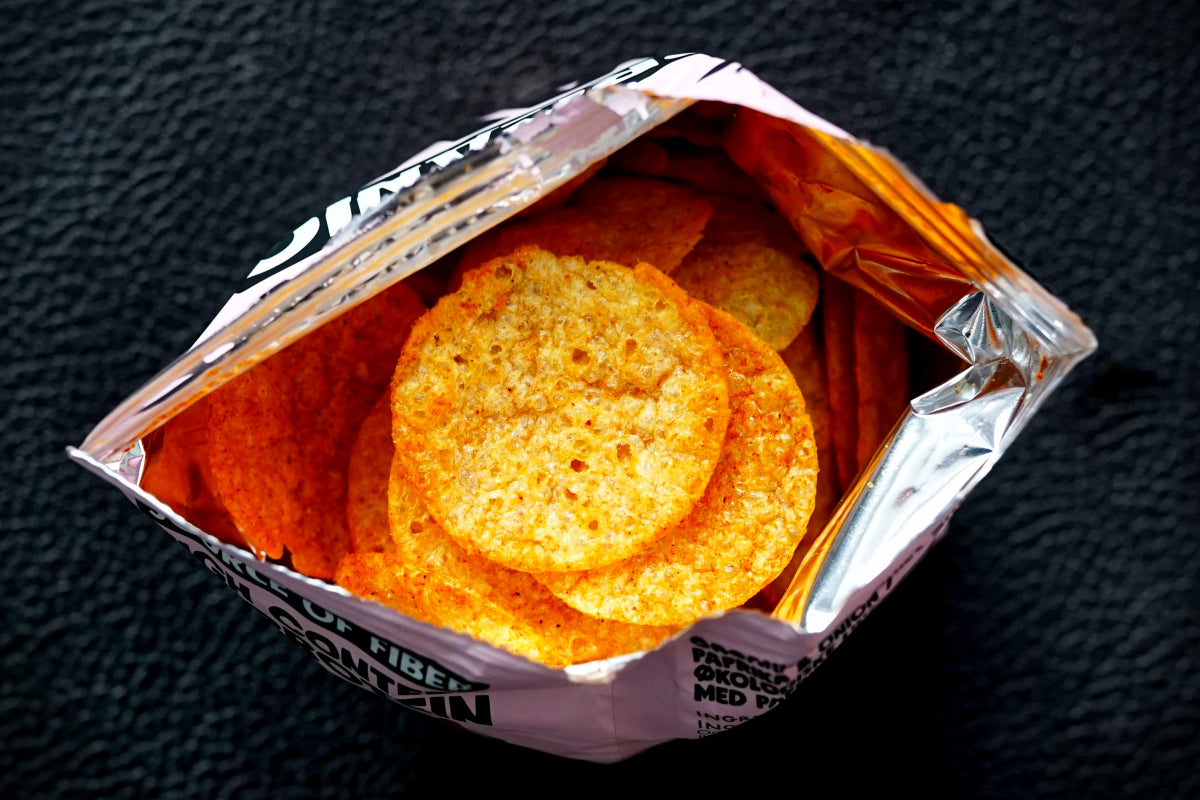
Fall means back to school and back to school means the return of busy schedules loaded with activity. Your family may be darting back and forth to dance class, soccer games, karate, piano, and theater rehearsals. There are Scout meetings and birthday parties and playdates. Sound familiar?
What’s one thing they all have in common (other than putting miles on your car)? Snacks. From the ball fields to the park meet-up, getting a group of kids together is bound to include an assortment of snacks. Whether the activity takes a “bring your own” approach to snacks or participants take turns providing snacks for the whole group, the food element of extracurriculars brings a few unique challenges to allergy families.
One Size Doesn’t Fit All
Perhaps the most important thing to remember when it comes to managing the snack challenge is that there isn’t one simple solution. That’s not to say this has to be daunting and impossible. Quite the contrary. Managing activities while keeping your allergic child safe is doable without being difficult. It’s just that, despite what some articles and helpful videos suggest, there isn’t one approach that is going to work for everyone.
When you sit down to figure out how to make this work for your family, take a look at what others have done, keep your own comfort level, your child’s unique list of allergens, your day-to-day management style, and the structure of the team or group in mind and then create a plan that best works within those parameters.
Know Your Needs and Your Wants
There are accommodations your children must have. For example, your child’s autoinjector must be easily accessible at all times. Then there are accommodations you want. Perhaps that’s a pre-approved snack list teammates could choose from when providing a group snack to ensure what comes in is safe for your child. Know the difference between those categories because one of them you can compromise on and the other is a deal-breaker.
Communicate
Whether a paid staff member or a volunteer, the adult responsible for your child in this setting may not have previous experience with allergies. Don’t assume they come into this knowing the best way to keep your child safe. Don’t assume having previous experience means they are familiar with your protocols. Remember, even among allergic individuals there are different opinions and practices when it comes to day-to-day management. Approach conversations calmly and clearly explain what you need and why.
Clearly explain what your child is allergic to, what a reaction may look like, and what steps your allergist has outlined in the allergy action plan. Explain what your child is able to do for himself and what the instructor needs to be prepared to handle. Will you be on site during the activity? Don’t assume that you don’t need to communicate because you’re there to deal with it. The adult in charge needs to be aware of what allergies you’re avoiding, what would happen if there’s an exposure, and what steps will be taken to treat a reaction if needed. You’re on a team here and as a team you’ll keep your child safe.
Allergens, Cross-Contamination, and Other Variables
Like we mentioned above, not every allergic family is juggling the same list of allergens or handles food allergies the same way. Before you ask your team to adopt a specific snack list or set of practices that works for your child, keep in mind that other kids involved in the group may have additional allergies or other health issues that influence what food is or is not safe for them. Recognize that some families avoid products with labels that indicate potential cross contamination and others don’t. If you’re going to provide a list of “approved safe” snacks make sure that’s been approved and safe for everyone.
Always Be Prepared
More importantly, be prepared to bring your own snack alternative even if you’ve got a ‘safe snack’ list to pick from. Teach your child to read labels always even if she expects safe snacks to be the norm. Never assume a snack is safe without checking those labels just because you provided a list of items. Always check. You never know when processes change and suddenly a snack that was always safe is no longer.
Work with your child to adopt a “it’s just food” attitude. Put the focus on the game, on the team, on the class, on the people and the time together. The food isn’t the focus and having to fall back on your back-up snack shouldn’t derail the afternoon or make anyone feel left out. Your child still had fun on the field or on the stage. She still got to spend time with pals and leaders. That’s the part that matters.
